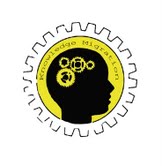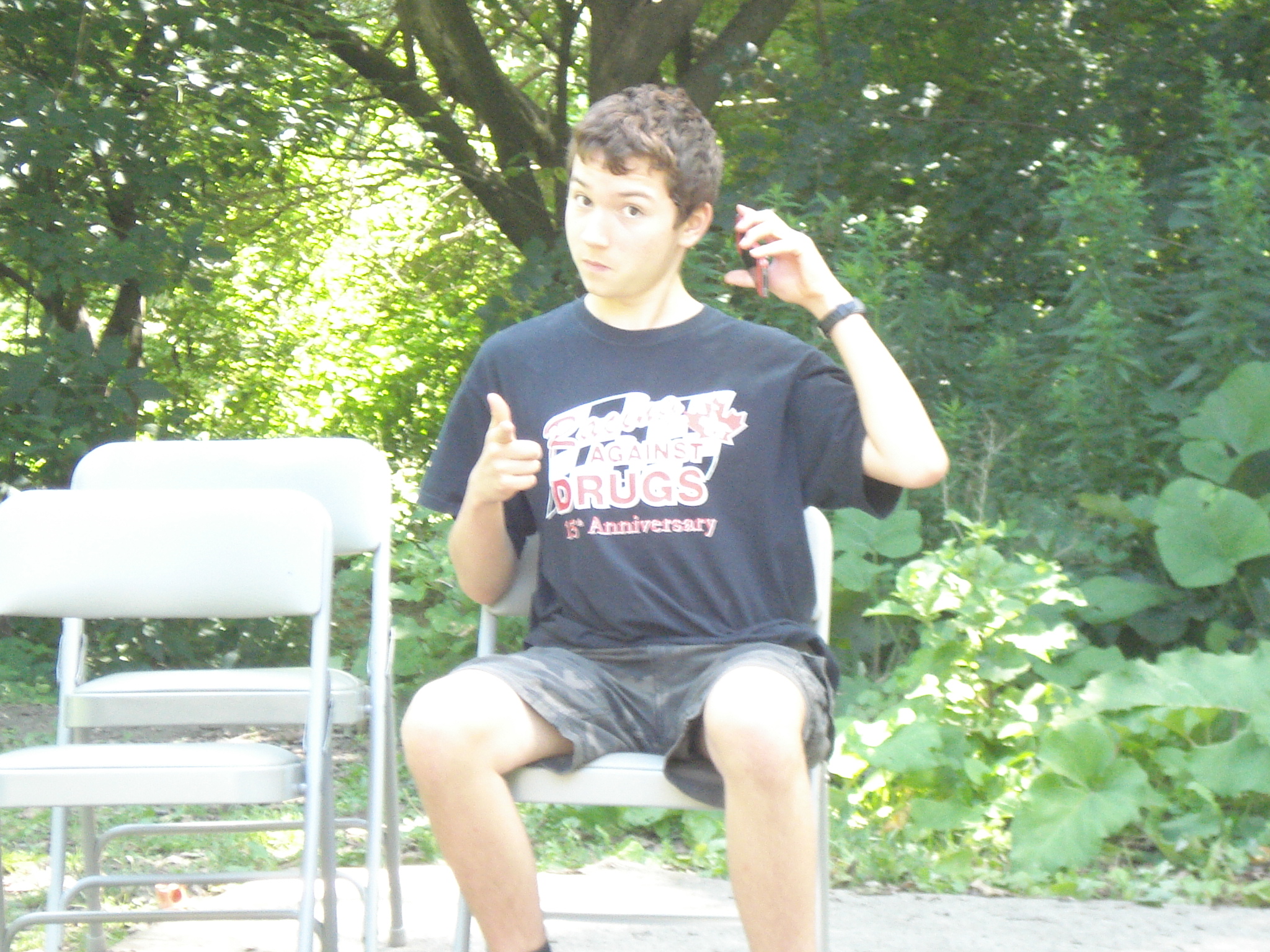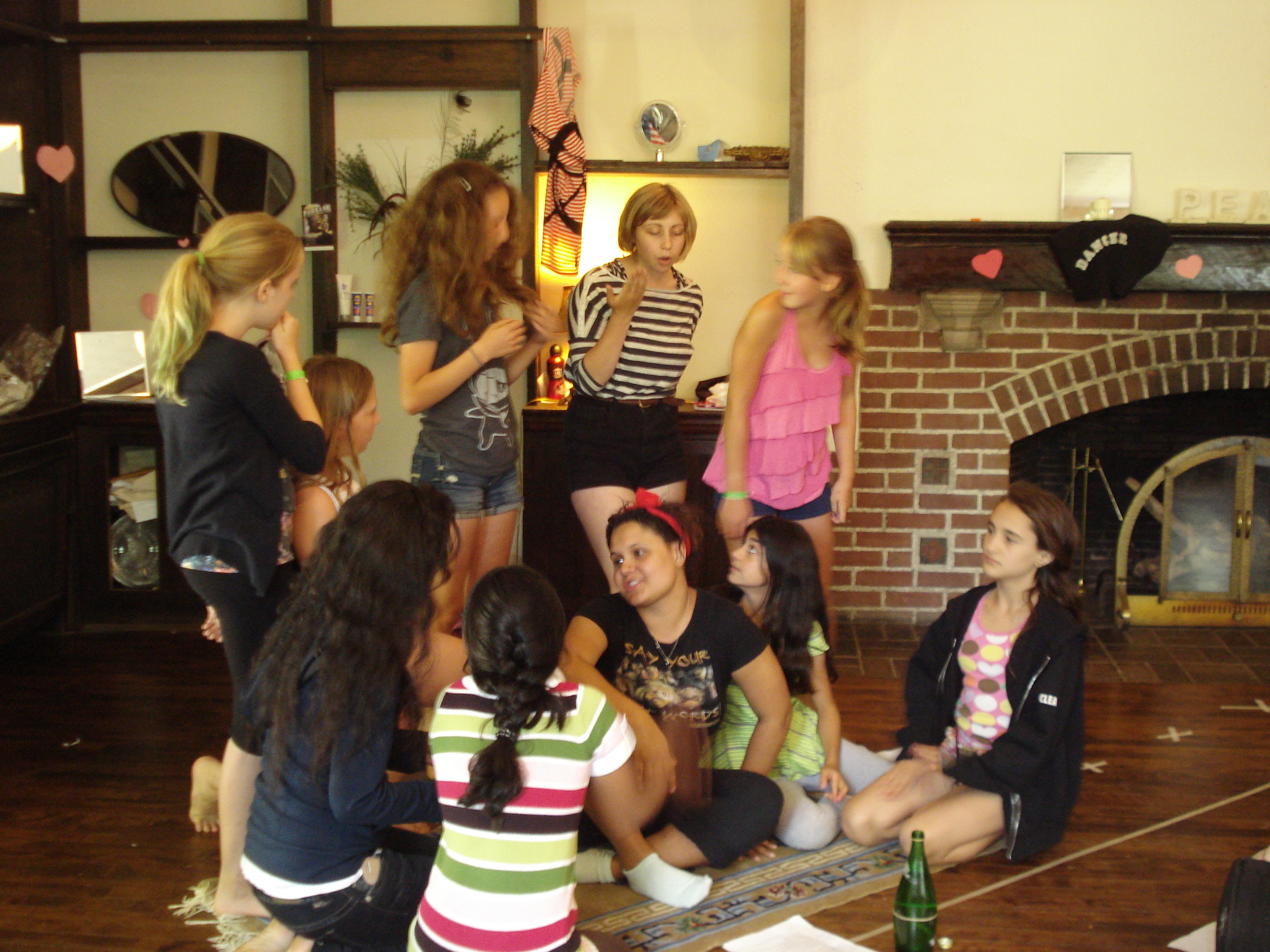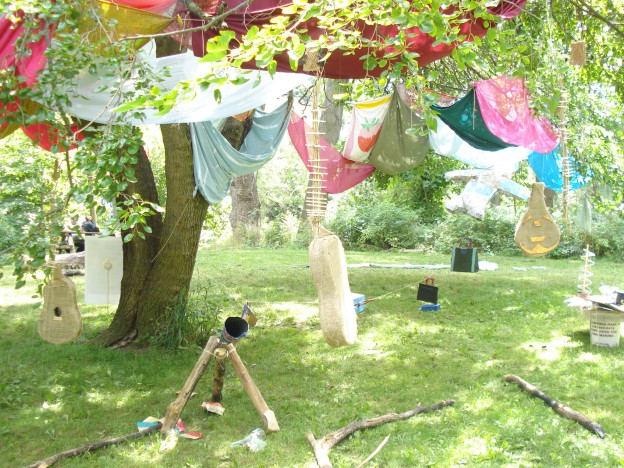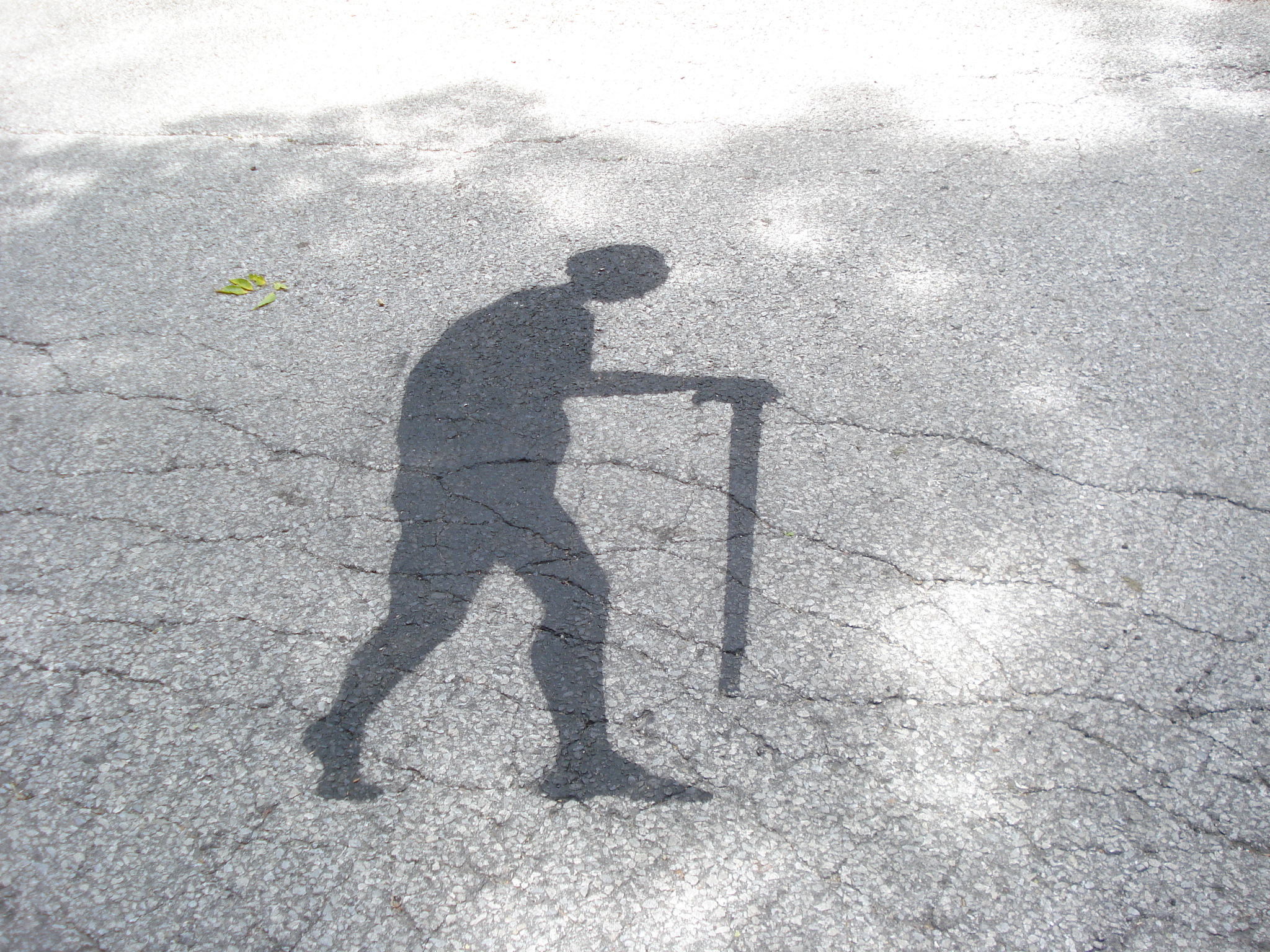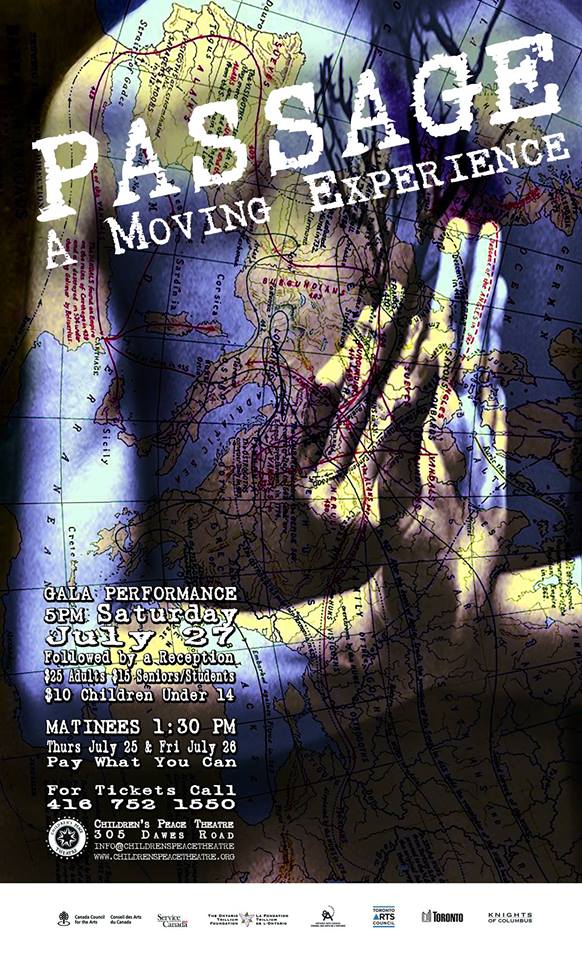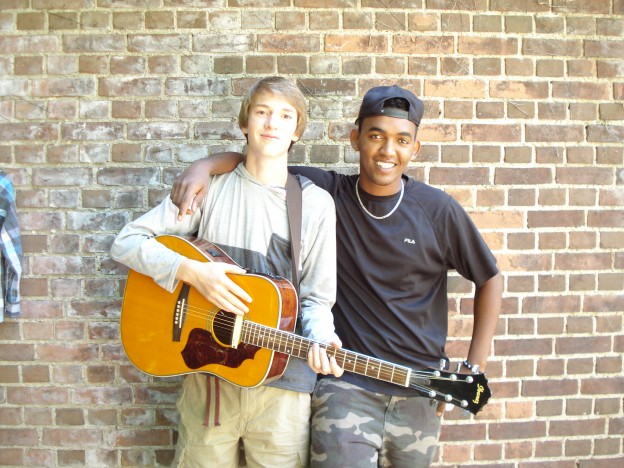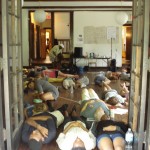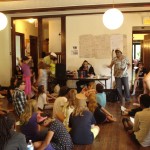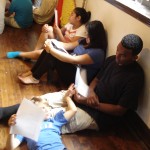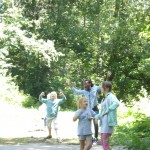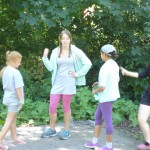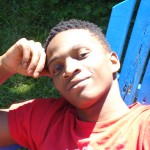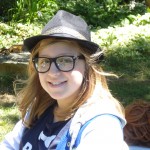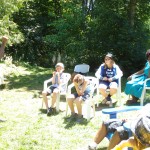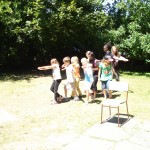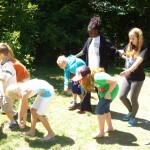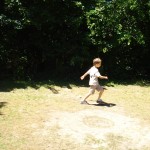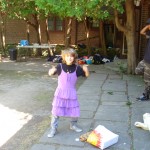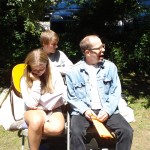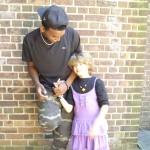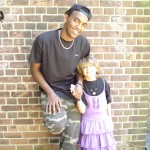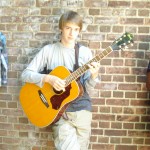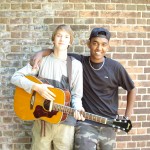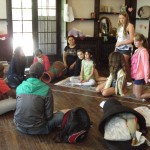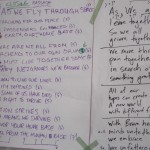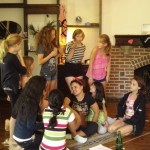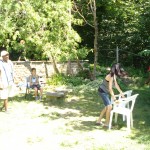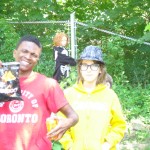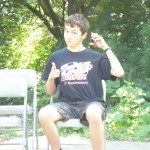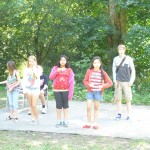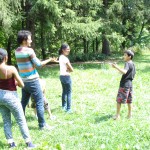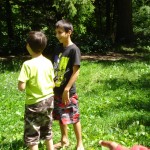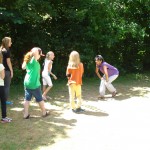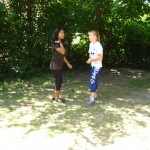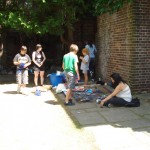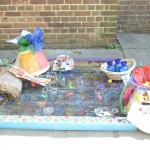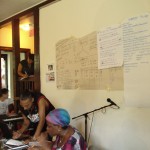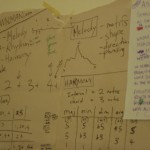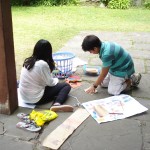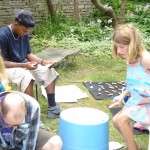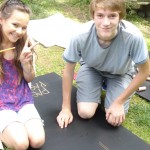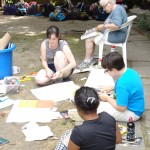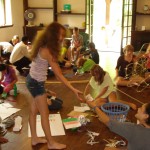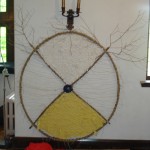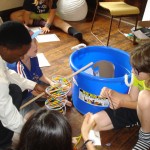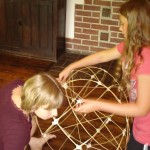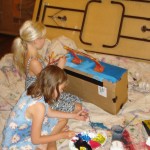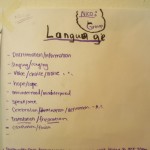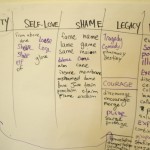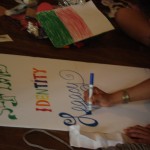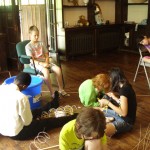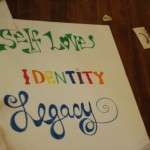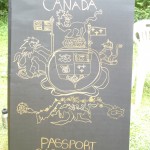“Millions of children inside Syria and across the region are witnessing their past and their futures disappear amidst the rubble and destruction of this prolonged conflict.” – Anthony Lake, UNICEF Executive Director.
After a recent trip to Syria and its neighbouring countries, Leila Zerrougui, special representative of the UN Secretary-General for Children and Armed Conflict, said she was “overwhelmed” by what she saw.“Children in Syria not only are affected [by the violence on a] daily basis – they have lost their family, they have lost their house – but they lost … hope. They are full of anger. And if this continues, we will face a generation of illiterates,” she told a press conference.
The UN Children’s Fund (UNICEF) worries Syria’s children could become “a lost generation”.
In Lebanon, where hundreds of thousands have sought refuge, the NGO Najda Now helps children recover from trauma through theatre and art. Usually, children’s drawings are dark in colour and theme when they first arrive; they become more colorful and positive over time. Most of the time, children draw two things: what they want and what they are afraid of.
IRIN visited Najda Now’s ‘s psychosocial support centre “Tomorrow is Ours”. Here are a few of the children we met.
Ahmed, nine, left Homs because of intense air bombing. He spent some two years in Syria amid the conflict; and this environment became normal for him. He talked about it as if it was just a movie. He was lucky enough not to have seen any violence himself, but had some temporary trauma when he arrived in Lebanon one month ago, psychologists said, mostly linked to noises. In Syria, he lived in a village in the countryside, with vast open spaces. Now, he lives in the crowded Shatila camp for Palestinian refugees in Lebanon. Ahmed drew what he wants: a spacious house, a dog, and the sea.

Ahmed
IRIN: Why did you come to Lebanon?
Ahmed: Because of the war.
What happened?
They hit with planes and cannons.
Do you have friends here in Lebanon?
Ahmad does not answer; he seems stressed by the question.
How do you like it here?
I prefer Syria, because in Syria I have a lot of friends.
What do you remember from Syria?
Before, when there was no war, I could go wherever I wanted and I liked it. Here in Lebanon, when I go out, my Mum is stressed. Before, when there was no war in Syria, and I went out, I had freedom.
***
Sohah, 12, says she is happy in Lebanon. The centre’s theatre classes have helped her decompress from the stress of seeing guns being shot in the air and people being transported by ambulances. Her Palestinian parents settled in the southern Syrian town of Dera’a when they sought refuge themselves decades earlier. Now, they are displaced once more. She arrived in Lebanon four months ago.

Sohah
IRIN: Why did you come to Lebanon?
Sohah: There were a lot of problems.
Which kind of problems?
A lot of bombs and clashes with guns.
What do you like to do here in the centre?
I like to draw; I like to do theatre; I like to study. What I like the most is the theatre.
Tell us about your drawing.
This is us when we were acting. Me and my friends are singing. I wrote the song that we were singing.
What is the song about?
It says we want peace; we want to go back to our country; we don’t want war any more.
What do you want to do when you grow up?
I want to be an actress, famous around the whole world.
***
When Ashraf, eight, arrived at the centre from Hama six months ago, he was aggressive and fought with other children. Psychologists attribute this to what he saw and heard in Syria and stress likely passed down from his parents. Ashraf has not drawn anything; instead he is making a worm out of playdough.

Ashraf
IRIN: Why did you come to Lebanon?
Ashraf: The government attacked the revolutionaries at the entrance of the town. We knew that the others [the rebels] would be upset and answer, and that they [the government] would attack the whole city. And that’s what ended up happening.
What do you miss about Syria?
In Syria, I played with the computer.
But here in the centre there is a computer room.
Yes, but in Syria I had a computer at home and I could play.
And here, what do you like to play?
Hide-and-seek
Do you have a drawing to show us?
No, I don’t like to draw. I don’t like playdough either. I like to play ball.
***
Faysal’s mother is a nurse. She used to treat people in their home in Rural Damascus. So by the time the 11-year-old came to Lebanon nine months ago, he had seen many corpses, including his uncle who was shot dead by a sniper on a rooftop.

Faysal
IRIN: Why did you come to Lebanon?
Faysal: I came to Lebanon because there were attacks in my village.
Who do you live with?
My grandmother, my grandfather, my mother, my aunt, my other aunt and her husband, my other grandfather. My uncle was a martyr. Also there are two children on my dead uncle’s side, and two children on my other uncle’s side. I have a little sister. She’s three years old and when she is big enough, I want her to join me at school.
What do you miss about Syria?
My friends, my house, and my uncle.
What do you prefer: Syria or Lebanon?
I grew up in Syria, I prefer Damascus, but here I like the theatre. I prefer here for the theatre because there it didn’t exist. In Damascus, I didn’t know how to sing. Now, I can rap.
Can you tell us about your drawing?
I drew it based on a picture; we copied a photo. My drawings were in an exhibition and I sold two of my three drawings. The girl, she’s a princess.
What do you want to do when you grow up?
I want to be a painter.
